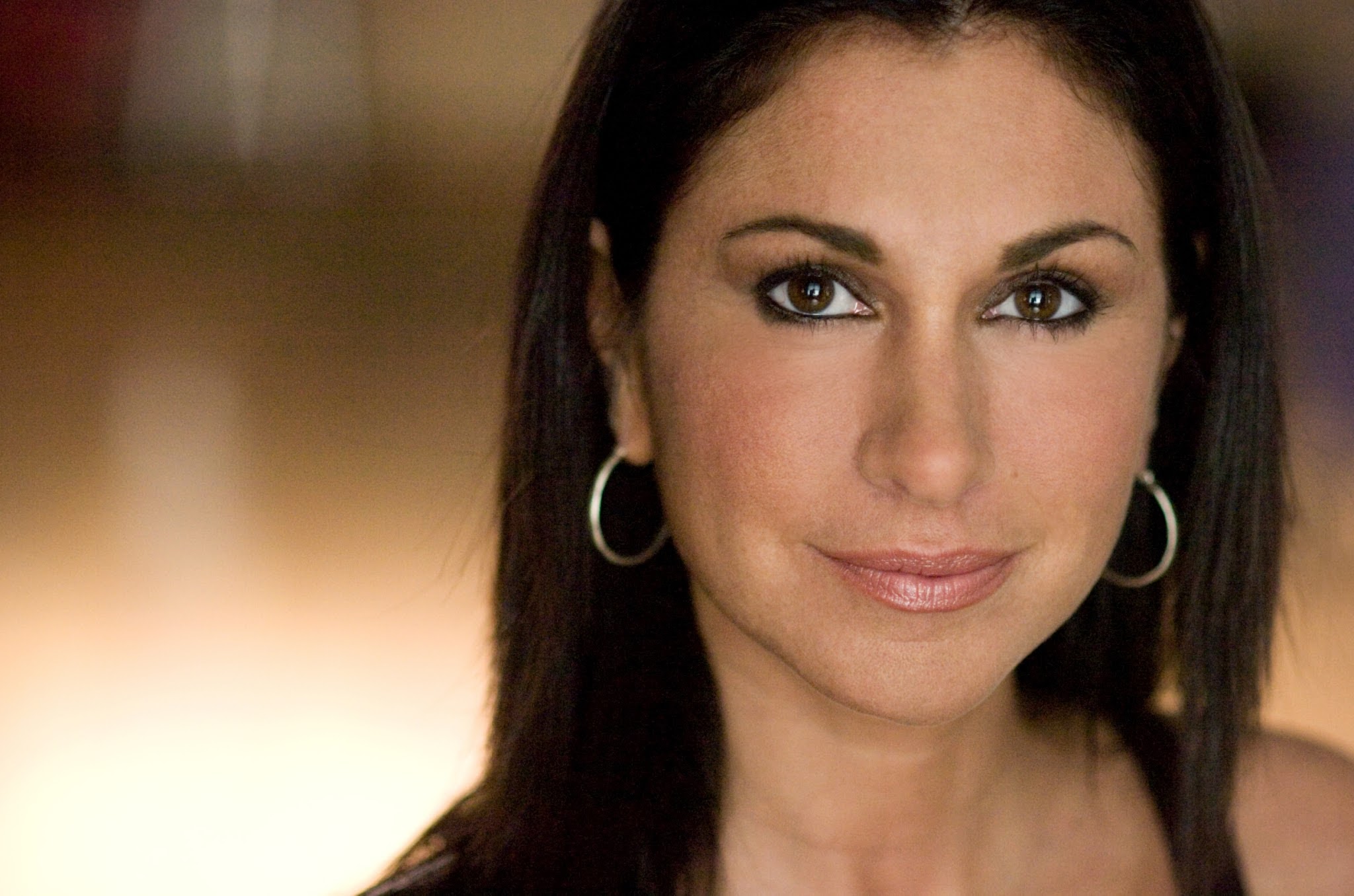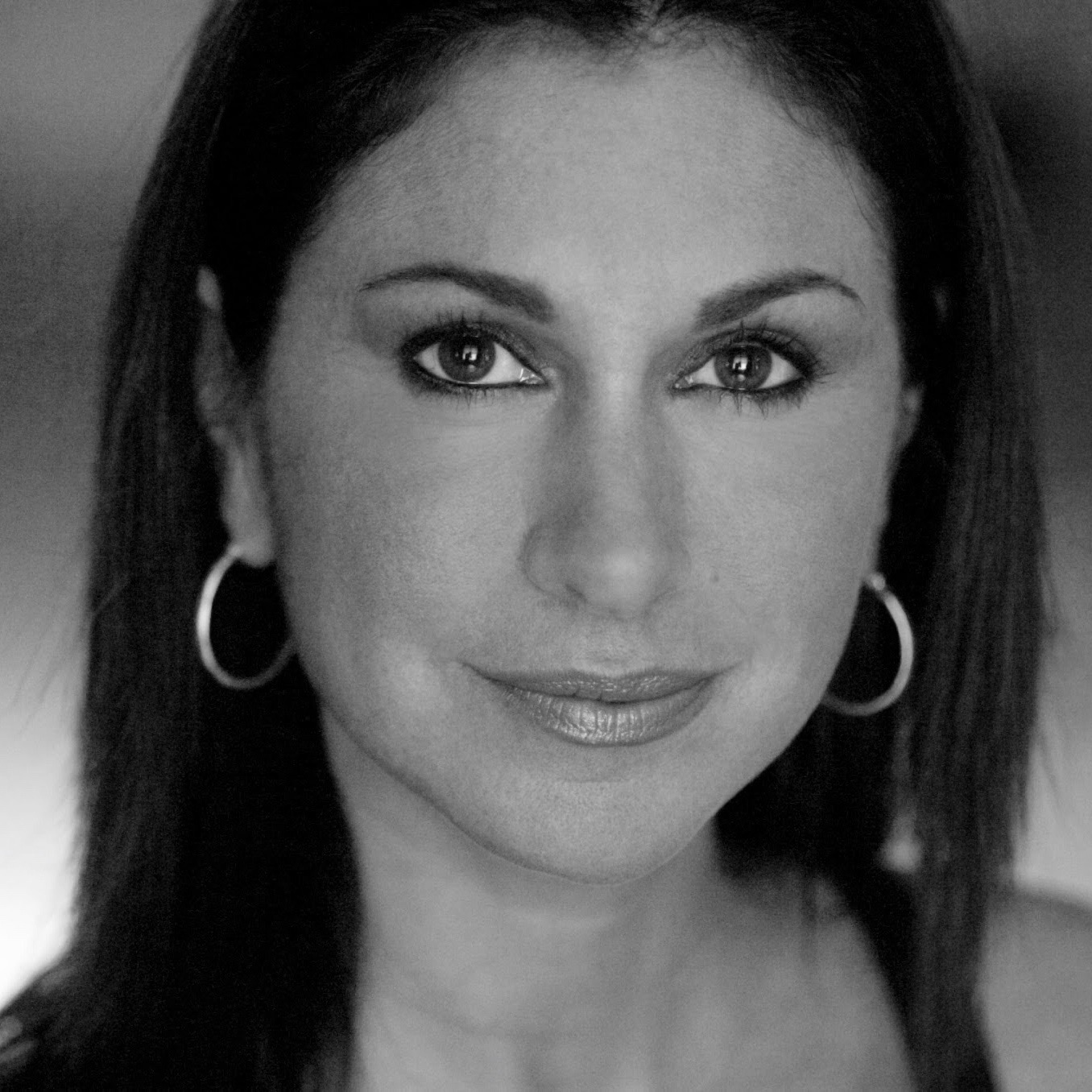
Q: Is it talent or is it technique that is most valuable in the entertainment industry?
At its finest, acting is an emotional endeavor. Certainly, there is an incredible amount of table work that goes into understanding the vision of the writer and where your character falls into the story. A smart reader is always a better actor. But finally, it’s the emotional connection that the actor brings to the story, that is going to make the role interesting and visceral. This requires vulnerability. To do this work, the actor has to be in touch with her own emotions and vulnerability. Even if the character isn’t in touch with their own vulnerability, the actor must know what it is. It takes a special kind of courage to fan the flames of your own vulnerability. This is a special way to go through life, and most professions don’t require this level of self-evaluation and self-knowledge. It isn’t required from the executives that are evaluating you. An actor can feel like an alien sometimes, because you go into rooms and are the only one accessing this vulnerability. But it is of course the only way to live a role truthfully and touch audiences with your performance.
I’m not sure you can separate talent from technique when evaluating an actor. What is talent? An actor is born with a certain sensitivity and intelligence, and that is formed by the circumstances of your life, and all of these factors shape and effect the level of accessibility you have to embody a character. An actor can use natural talent to embody a role somewhat and could even have a giftedness about being able to enter a moment and live. But to be able to sustain this for every performance, and to be able to craft a performance specifically, takes technique. Technique empowers the actor. Technique involves learning how to break down a script, learning what questions to ask to find connection, and finding ways to merge with your character specifically and personally. Then you have a conscious practice that serves as a channel for your talent.
When an actor comes into the room to audition, if she’s effective, she has utilized some technique to craft her performance. How much talent you have is certainly going to affect how strongly felt your performance is. But you have engaged your craft somewhat in making choices about your character. For example, when you did your award-winning performance in my short Rose’s Turn, your character Rose is on a revolutionary mission. She is not self-pitying or crying or exposing her wounds. But boy, they are there driving everything. And that’s because you felt what her wound was and had the talent to connect to it and the technique to layer it in. We saw several great actors for that part, but because of that ability you had, there was no other Rose for me. Your talent was channeled because you had, I assume, used your technique to craft all of these elements. It’s true the technique was invisible, and I just felt the talent. As it should be. But if someone says they don’t care about technique and only talent, they are not understanding the actors process.
There are actors who get so adept at crafting that they stop bringing vulnerability. And I suppose a lot of people can still work that way. But I would argue that is not really acting. Acting requires connecting emotionally and personally to your characters journey. Your vulnerability is something that is specific to you, and that no one else in the world can bring but you.
The great Paul Newman came and spoke to my class at the Actors Studio before he died. He was very self-effacing and humble in saying this, because he was a great actor, but he said that there were so many actors more gifted and talented than him in his peer group who self-destructed. They got by for awhile on their instincts and natural ability but didn’t ground in a discipline, and so didn’t survive.
Technique protects you. You can use your technique to get in and out of character. Technique allows you to craft your performance, embody the character fully and truthfully, and then know how to let it go. This ensures professionalism and longevity for an actor.
Inherent in the question technique vs. talent is the truth that so much is out of the actor’s hands. Only one person can get the job, and many go out for it. And it can be challenging, to give your talent again and again, to engage your vulnerability and personally connect, when you won’t always get the job. An actor could be inclined to try to figure out what is more valuable to the people that are evaluating her. But perhaps this is a fruitless pursuit. Opinions are individual and everyone has got one. What you can ground your talent in is a conscious set of questions that help you embody the role, that you employ each time you go up to bat. There is consistency in that. Then those who value talent over technique and vice versa, will know you can deliver. And more importantly, you will be both giving your gift and empowering it. Talent is an ability. Technique is the choices you make in how to use your ability.
“Human emotion makes people turn wrong into right. Film is an emotional, not intellectual, art form, The details may be intellectual, but you transpose your emotions from the script on to the actors. That’s the way it should be done” -Clint Eastwood
“Creativity is the vulnerability to spiritual and physical sensation, and to experience, combined with and acting upon a certain level of skill, combined with the compulsion or longing or need or desire to give.” – Michael Ventura
Please send your specific questions about the art of acting to staytuned@gmail.com and Kymberly will respond to a different question each week! There are no invalid questions, as long as they pertain to your craft and life as an actor.
Kymberly Harris is an actor’s director. She specializes in character-driven stories, whether the genre is drama, comedy, thriller, or action. Her extensive experience as a method acting coach to professional actors of all ages has led actors to seek her out to direct them towards their best performances in film, television, and theatre projects.






















 More news and opinions than at a Shabbat dinner, right in your inbox.
More news and opinions than at a Shabbat dinner, right in your inbox.